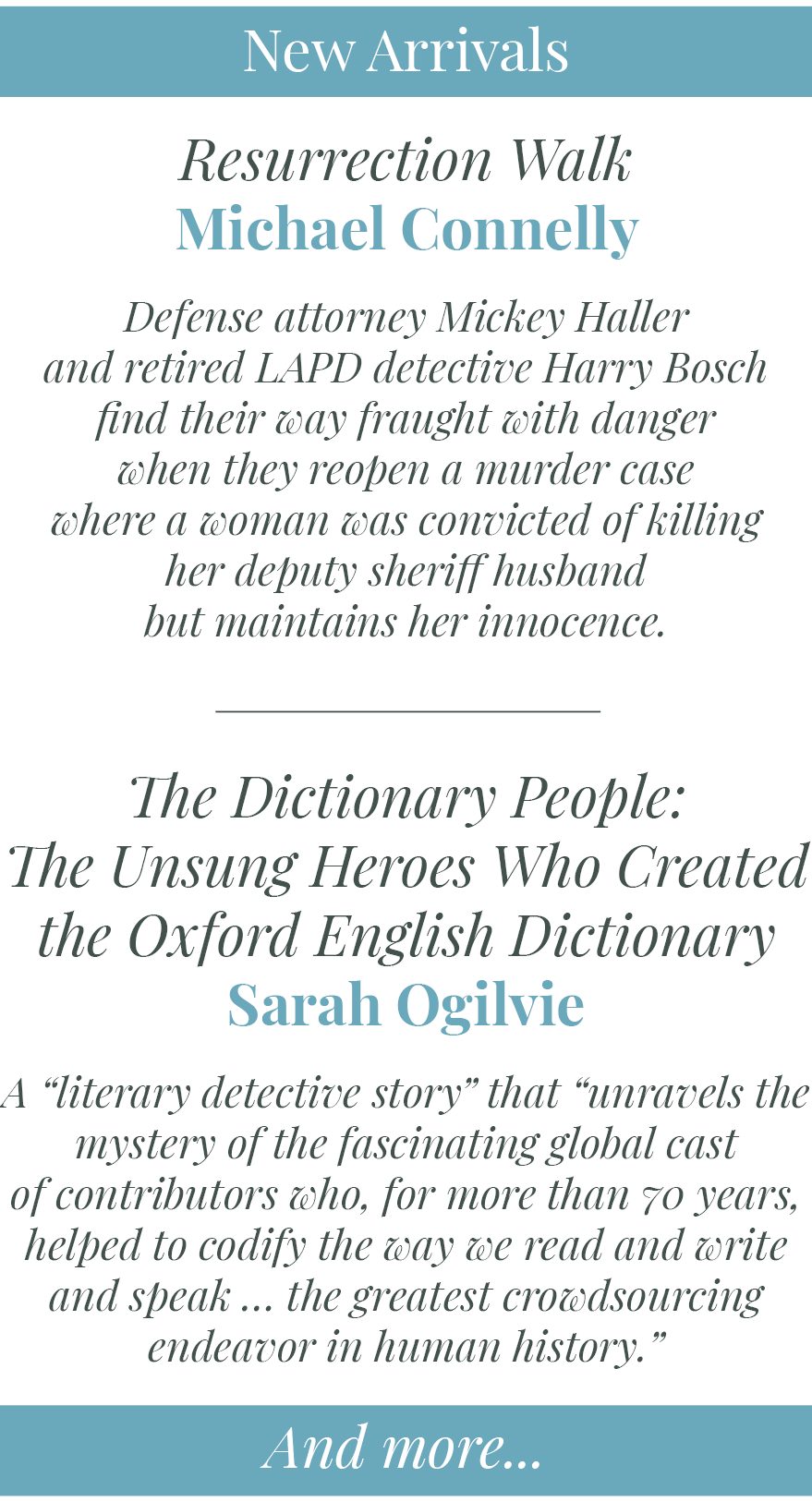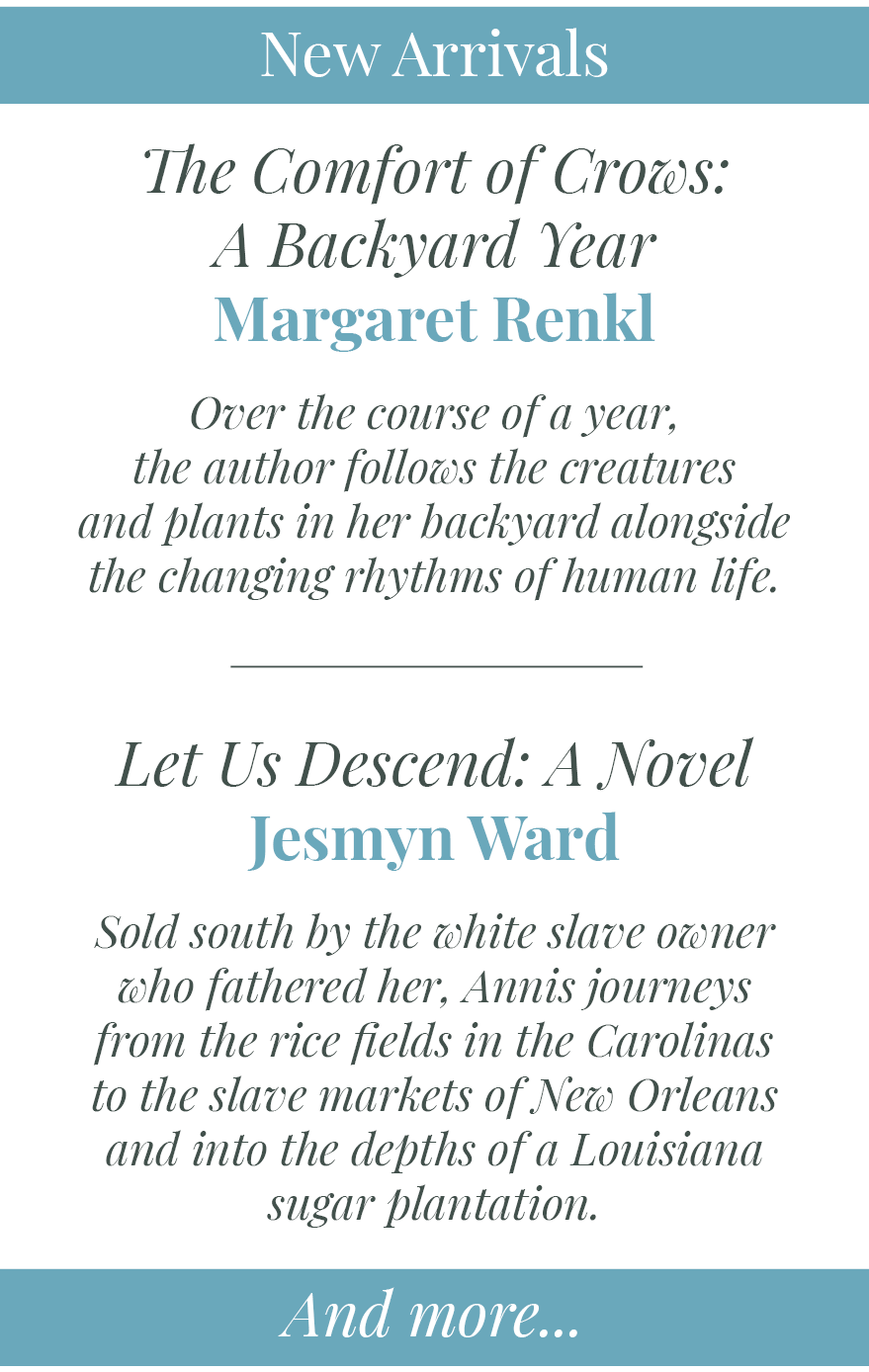both of which are required for democracy to work. Further, Adler warns, we cannot “leave all intellectual activity, and all political responsibility, to somebody else and live our lives as vegetable beneficiaries of the moral and intellectual virtue of other men.” If we do, he cautions, the “death of democracy...will be a slow extinction from apathy, indifference, and undernourishment” (p. 80).
A liberal education is proposed as the best way to promote personal development and to develop critical thinking skills. This education, begun in youth, is intended to continue throughout one’s life, revisiting texts to bring a more mature mind and understanding to them. While acknowledging the merits of the scientific method, Adler points out that there are some questions—particularly questions of meaning— that cannot be answered by it: hence the continued relevance of the liberal arts in an increasingly technological world. While the works collected together intentionally represent widely diverse attitudes and ideas—a “conversation of ideas” among the texts—it does not fulfill the expectations of diversity (even within its stated limits) we hold some seventy years later. The voices of women, for example, are notably absent. Still, the values and goals of the series—and Adler’s introductory essays in volume one—will resonate with those who have spent their lives teaching and promoting the liberal arts. You will find Great Books of the Western World on the upper level of Coffman Library. It is a good source of titles we don’t have elsewhere in our sections for fiction, poetry, drama, essays, biography, history, psychology, science, mathematics, or political science. In need of a new retirement project? A ten-year schedule for reading is included in the first volume. Comments are closed.
|
NewsletterCoffman residents, signup for monthly updates from the Library! Thank you!You have successfully joined our subscriber list. Posts by Year
All
Posts by Month
July 2024
|

